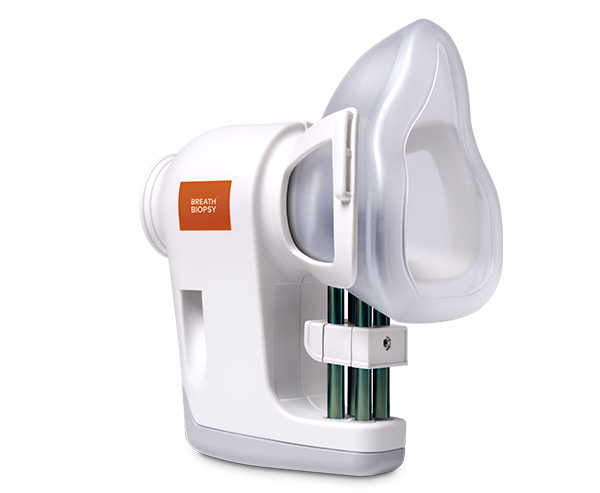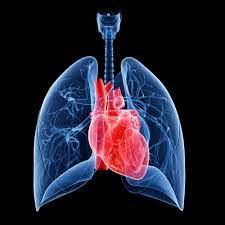Owlstone Medical, a global leader in Breath Biopsy for early disease detection and precision medicine, has announced the recruitment of the first patient into its EVOLUTION Phase 2 clinical trial. This milestone follows the successful completion of key safety and proof of concept milestones in Phase 1. The aim of the trial is to develop a breath test for the early detection of lung cancer in high-risk asymptomatic individuals.
The EVOLUTION trial will evaluate the diagnostic potential of D5-ethyl-ßD-glucuronide (D5-EthGlu) as an exogenous volatile organic compound (EVOC) probe for detecting lung cancer. D5-EthGlu is metabolized by the enzyme ß-glucuronidase, which is found in the tumor microenvironment around lung cancer cells. This metabolization produces D5-ethanol, which serves as a unique biomarker of lung cancer in exhaled breath. The test also has the potential to differentiate between benign and malignant lung nodules discovered through incidental findings or low dose computed tomography (LDCT) screening.
The Phase 2 clinical trial will assess the diagnostic performance of the test and refine the testing protocol for future optimization. The study will recruit up to 150 cases and 200 controls from 3 European sites and 6 sites in the U.K., including the Royal Papworth Hospital in Cambridge and the Norfolk and Norwich University Hospital.
Previous research has demonstrated the ability to detect D5-ethanol on breath in mice with cancer xenografts, as well as the presence of extracellular ß-glucuronidase in tissue samples from early-stage human lung cancers. Phase 1 of the EVOLUTION study confirmed the safety and tolerability of the probe and provided guidance on the optimal dose and sampling time. It also demonstrated proof of concept in humans by detecting the release of D5-ethanol on breath after probe administration in the presence of stage 1 lung cancers.
Professor Robert Rintoul, Professor of Thoracic Oncology at the University of Cambridge and Honorary Consultant Respiratory Physician at the Royal Papworth Hospital, emphasized the importance of early detection in improving survival rates for patients with lung cancer. He noted that low dose CT (LDCT) for lung cancer screening has shown promising results in detecting early-stage cancer and increasing survival rates. An effective breath test for lung cancer could further enhance the efficacy and accessibility of lung cancer screening.
Billy Boyle, co-founder and CEO of Owlstone Medical, expressed excitement about the progress of the EVOLUTION trial. He believes that the test has the potential to revolutionize lung cancer diagnosis by increasing testing uptake, leading to the early detection of more cases and significantly reducing mortality and costs. The test could also improve the identification of benign nodules, reducing the need for unnecessary biopsies and surgeries.
Lung cancer is one of the most prevalent forms of cancer worldwide, with 2.2 million new cases reported in 2020. It is also a leading cause of death, claiming 1.8 million lives globally in the same year. The 5-year survival rate for lung cancer in the United States is 25% and only 15% in the U.K. However, early diagnosis can significantly improve outcomes, with a 56% 5-year survival rate for patients diagnosed at an early stage. Despite the availability of guidelines for LDCT screening in the U.S. and the launch of a similar program in the U.K., the uptake remains low due to various factors such as inconvenience, radiation dose, testing performance, and cost. Therefore, there is a critical need for reliable and non-invasive screening solutions, and breath-based testing has emerged as a promising option.
*Note:
1. Source: Coherent Market Insights, Public sources, Desk research
2. We have leveraged AI tools to mine information and compile it



